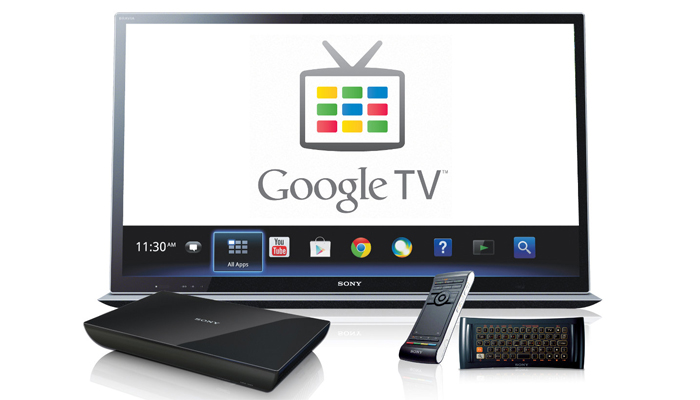
Alternatives to Google Search Engine
Article by Pierre Zarokian.
Perhaps the term “wannabe” is too harsh to describe the following projects; but becoming Google killers is what they aspire to be and in that context they are wannabe’s and nothing less. Google enjoys the top spot in search engines and has not been faced with a decent threat… well, since its conception. Many have tried and failed to knock it off its throne and here are a few noteworthy contenders.
Bing –It was a ridiculous name to start off with; imagine responding to someone’s question with “just Bing it”? Microsoft determined that what the public wanted was a search engine with extras, a funky interface and a navigation menu. As usual, they got it wrong. After the initial buzz that was created, the website has been dropping in popularity with every passing day. The main problem can perhaps be traced to the fundamental point of a search engine – To search and deliver results quickly and effectively. Bells and whistles are nice for a while, but what people want is something that gives you results without taking up bandwidth or time or shoving unnecessary things in front of your nose.
Wikia Search – This project was conceived by Wikipedia’s co-founder Jimmy Wales and his Wikia Co-founder Angela Beesly. Wikia Search was inspired by the success of Wikipedia and the collaborative work that went towards making it a success. “Crowdsourcing” was deemed to be the next big way to power search results. The primary idea was to increase the relevancy of search results and make the process as transparent as possible so that no one would be able to “play the system”. With the transparency angle, the creators wanted everyone to be able to see who modified the search results, where and why. Sadly the project came to an end in March 2009. The economic recession took no prisoners and as a result the funding ran out for the project. Wikia Search has been put on hold indefinitely, but hopefully this innovative concept will return at some point in the future.
Cuil – Pronounced “cool”, Cuil was formed by ex-Google employees as well as several web veterans. The project’s goal was to take on Google head-to-head and come out as the winner. It hope to do this by using its own page rank system which gave merit to relevance rather than popularity (as Google does). So the engine would look for your search term on a web page and then look at the content in the page to see how relevant it was to the term. Search results would be filtered in this way and deliver better results to the user. Unfortunately, things did not work quite according to plan users were disappointed with the results they got. Rafe Needleman of CNET put it succinctly when he said Cuil launched in a blaze of glory which was followed by a collapse in a ball of flames.
Wolfram|Alpha – Technically Wolfram|Alpha is not a search engine in the same context that Google is. It was unfortunately portrayed to be a Google killer by the media and has never quite lived up to that expectation. But make no mistake Wolfram|Alpha could have dethroned Google as the portal to knowledge if things had gone according to plan. The idea behind the project was to have a verified repository of information which users could plunder in their search for facts. The “Coup de grâce” in some ways was its ability to understand natural language – to an extent. Both those features made it an excellent tool research tool, which could have become a premier source of information. However, the initial lack of data coupled with a lack of relevancy for a majority of users has seen it drop from public interest day by day. The project has been boosting its repository with more and more data every day with the hope that at some point the project will take off.
